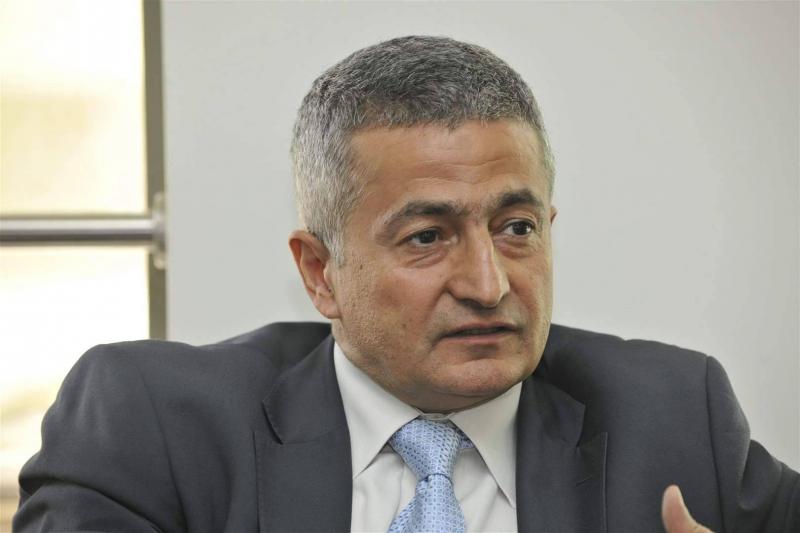The Minister of Finance in the caretaker government, Yusuf Khalil, indicated that "while constructive and valuable discussions are taking place regarding the 2024 budget in the Finance and Budget Committee, there are occasional voices, some based on scientific and realistic foundations, and others that can only be framed as populist gains." He emphasized in a statement that "while we welcome every constructive position and deal with it responsibly, we find ourselves faced with some voices that deviate from the scientific framework of the budget; we clarify the following:
- First: The Ministry of Finance confirms that the 2024 budget project is part of the recovery plan established by the government. It is a continuation of the corrective path that began with the approval of the 2022 budget and the subsequent measures adopted by the public finance sector, which have today produced financial and monetary stability and stability in the exchange rate, as well as curbing the sharp fluctuations in inflation and the deterioration of living conditions that citizens have suffered for more than three years.
- Second: The Ministry of Finance has made considerable efforts over the past two years, despite all obstacles, challenges, and adverse political circumstances, to finance the public sector, ensure public services, and achieve financial balance that stimulates monetary stability and restores the path to recovery and development. This has been partially achieved today. However, this stability remains vulnerable and unsustainable, especially in the current security and regional conditions, unless we continue the corrective path with the 2024 budget project and the approach we previously adopted in the 2022 budget.
- Third: The succession of financial, monetary, banking, and economic crises since 2019 has led to a sharp decline in the value of the currency and the treasury's resources harmed by inflation. Additionally, disparities in the exchange rate have created imbalances and undermined the principle of equality and justice concerning the distribution of burdens according to capabilities, benefiting some segments at the expense of the public interest.
- Fourth: Adjusting fees and taxes according to inflation rates and correcting the imbalance resulting from exchange rate disparities serves the public interest, contributes to supporting financial and monetary stability, and enables fairness among economic stakeholders without imposing the cost of correction at the expense of one segment over another (often depositors bear the brunt of the crisis's impact).
- Fifth: Failure to correct means wasting public funds, threatening the integrity and sustainability of state institutions, as well as providing a minimum of public services such as security, medicine, education, and support for marginalized segments, among other issues undermining the capabilities of the tax and security administration in combating smuggling and curbing the expanding non-formal sector that poses a growing risk to the economy."




